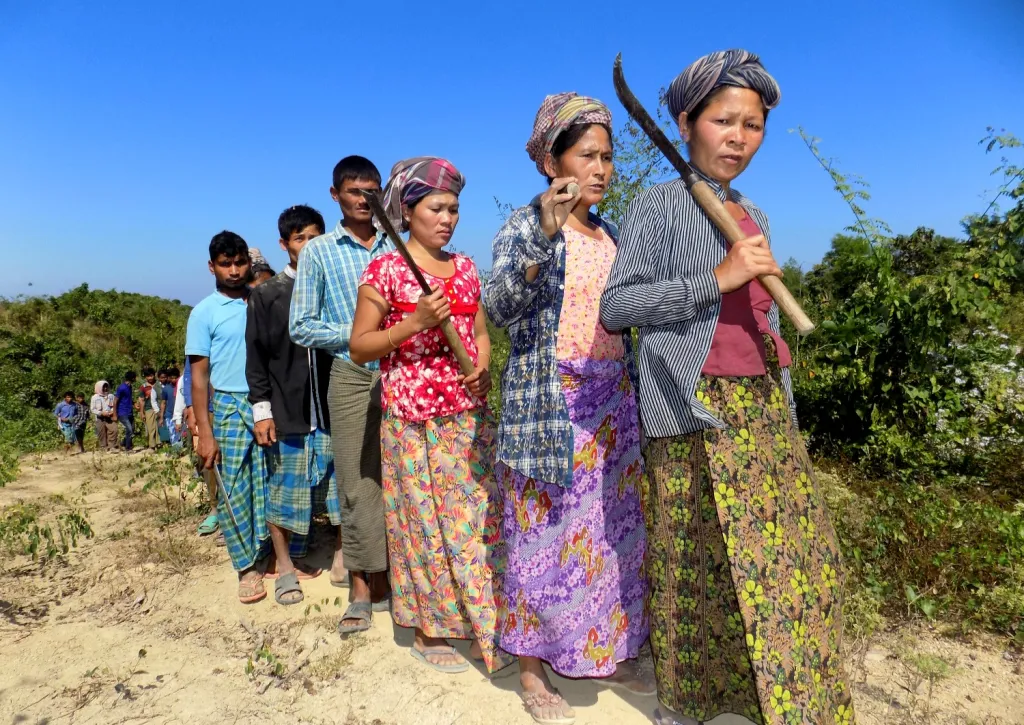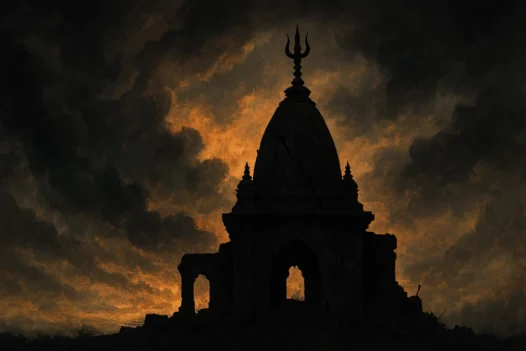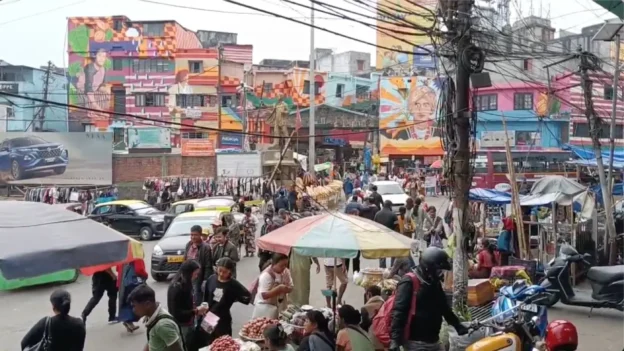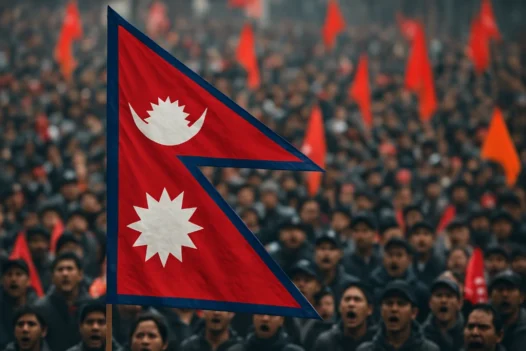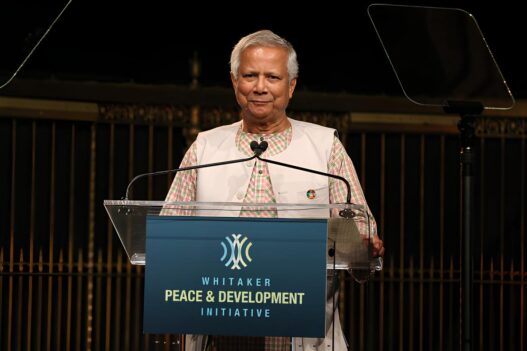By Sanjoy Kumar Barua
The Chittagong Hill Tracts (CHT) Peace Accord of 1997 was heralded as a momentous step toward reconciliation, aimed at resolving decades of ethnic conflict, land disputes, and injustice in southeastern Bangladesh. Yet, more than two decades later, the region remains plagued by unrest, with pervasive allegations of land grabbing, forced evictions, and escalating violence. The promises of autonomy, justice, and peace remain largely unmet, leaving indigenous communities in a state of perpetual marginalization. The Chittagong Hill Tracts is a vibrant homeland to the Jumma people, an umbrella term for the region’s 11 indigenous communities. For generations, these resilient groups have grappled with displacement, the fading of their rich cultural heritage, and a history of neglect.

The Bengali settlement programs of the 1980s further exacerbated this plight, with state-sponsored efforts to assimilate the region into the broader national fabric, leading to the loss of ancestral lands and a heavy militarization of the area. In response, armed resistance led by the Parbatya Chattagram Jana Samhati Samiti (PCJSS) persisted for years. The Peace Accord, signed in 1997, was envisioned as a comprehensive remedy to these grievances, with promises to restore land rights, grant greater regional autonomy, and resolve disputes through the CHT Regional Council and the Land Commission. However, the failure to fully implement many of these provisions has perpetuated tensions and deepened distrust, leaving the aspirations of the Accord unfulfilled.
Among the most tragic and vivid examples of this failure is the plight of the Mro people. In the hills of Bandarban’s Lama upazila, the lands that once nourished the Mro families for generations have been seized by influential settlers and turned into plantations and profit-driven developments. Families such as those in Cha Hla Mro Para and Lulaing Mukh Mro Para, led by elders like 65-year-old Parao Mro, now live as exiles within their own homeland. Their ancestral connection to sacred lands has been severed, leaving them adrift in search of survival, while the region’s rich cultural heritage is trampled by unchecked development. This dispossession is not an isolated case. Over 250 Jumma families across nine mouzas in Bandarban have been uprooted since the signing of the Accord, their lands appropriated by settlers, plantation owners, and land grabbers. Authorities, seemingly indifferent to their plight, stand by as these communities face escalating violence and dispossession.
![]()
At the heart of this crisis is the government’s failure to implement the Accord’s provisions. Of the 72 commitments outlined, only 25 have been fully honored, while 35 remain unmet, leaving a yawning gap between promises and reality. The CHT Land Dispute Resolution Commission, meant to serve as a mechanism of justice, has been rendered ineffective by bureaucratic inertia and the absence of necessary regulations. Instead of restoring lands to their rightful owners, the Commission has become a symbol of inaction and complicity, allowing the ongoing exploitation of indigenous lands. Land remains the crux of the issue. Without resolving the land problem, nothing else matters. Yet, year after year, displaced families continue to wander, stripped of not only their land but also their dignity and hope.
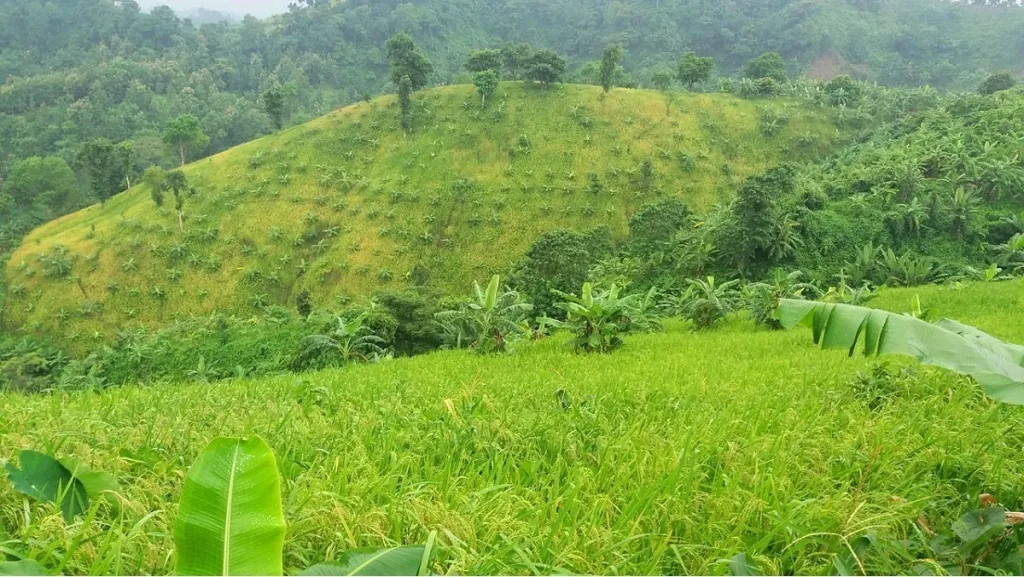
The CHT Peace Accord still holds the potential to be more than just words on paper—it can become a living testament to justice, reconciliation, and the restoration of indigenous rights. The government must honor its obligations under the Accord, ensuring the full implementation of its provisions. Empower the Land Commission to resolve disputes and return the stolen lands to their rightful ancestral owners. Displaced families must be rehabilitated, and exploitative land leases canceled. These are not merely legal obligations—they are moral imperatives that demand immediate attention. The erasure of indigenous identities and rights must not be met with silence. True peace will require not just policy changes but a genuine acknowledgment of the rights, dignity, and humanity of the CHT’s indigenous peoples. Justice delayed is not just an injustice—it is an affront to the very spirit of the CHT Peace Accord. It is time to honor that spirit and bring the promises of peace to life.
Source : The Chittagong Hill Tracts

